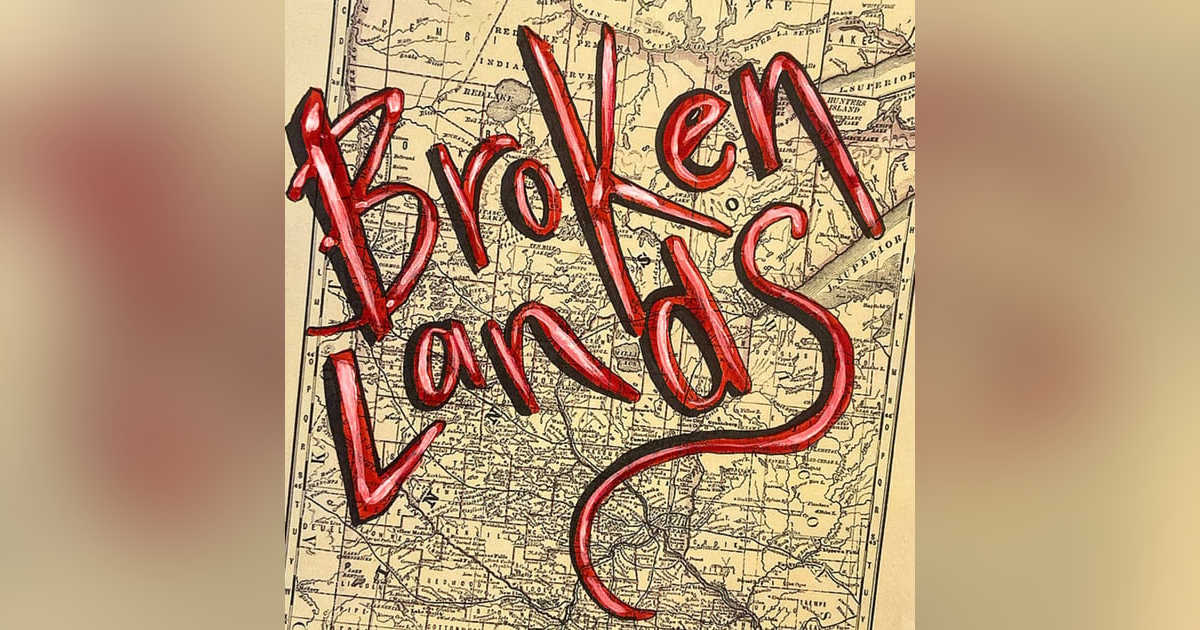Politics and Nationalism in the Church: A Kitchen Table Conversation

In the wake of our last episode, Thanksgiving: An Autopsy, we’ve observed an uptick in the number of heated conversations within some of our ELCA congregations. Specifically, we’ve encountered a lot of questions and debates around politics and how we reckon with our role as members of a nation-state while also being members of the Body of Christ.
Conversations surrounding how these two identities inform one another and can be difficult and emotionally charged. They touch on some of the most tender areas in our souls related to how we think about ourselves, our family histories, and our relationships with our neighbors. When proceeding on this sacred ground, we want to walk gently and with caution so that we can relate to one another in a healing way rather than in a way that does further damage. Before we resume our more focused conversations around treaties, reparations, and bridge-building between Native Americans and Settlers, we are taking a pause to have a kitchen table-style conversation with spiritual faith leaders, Indigenous and Settler alike, to breathe into the work we are doing and ponder where we've been, where we're at, and where we're going.
So, what roles do our politics and our national identity have to play in our churches? We invited Kevin Kot (Ojibwe), Colleen Bernu (Ojibwe), Patricia Dickson, (Congregational Justice Team Chair) the Rev. Beth Pottratz (ELCA), and the Rev. James Muske (ELCA) to our kitchen table to wrestle with this question.
For more about the Duluth Reparations visit: https://www.togetherhere.org/post/the-stories-and-significance-behind-185400-100-1100








